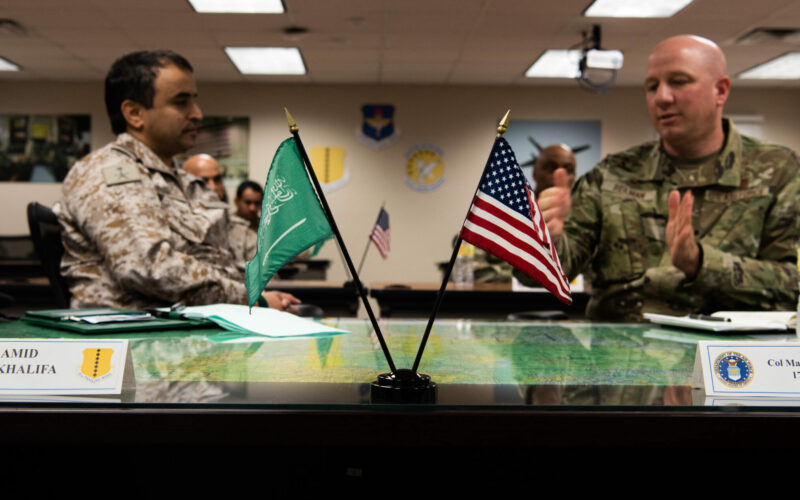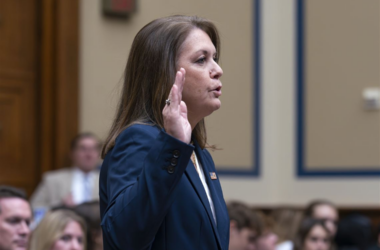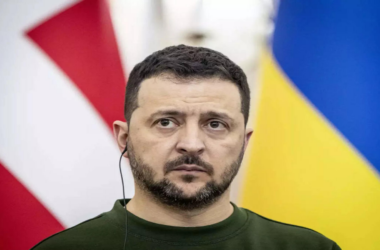The United States and Saudi Arabia have reached a “near final set of arrangements” for a defense agreement that includes a civil nuclear component, a senior US official disclosed on Tuesday. Despite significant progress, obstacles remain for a broader regional accord aimed at normalizing relations between Israel and Saudi Arabia.
The bilateral deal is largely complete, but key issues still need resolution, such as a credible pathway to Palestinian statehood and measures to stabilize Gaza. “It is not done. Nobody here is going to say this is, you know, just right around the corner,” the Biden administration official, speaking on condition of anonymity, stated.
This announcement followed a Middle East visit by White House National Security Adviser Jake Sullivan, who engaged in discussions with Saudi Crown Prince Mohammed bin Salman and Israeli Prime Minister Benjamin Netanyahu.
The US-Saudi agreement is envisioned as part of a broader Middle East “grand bargain” to reshape the volatile region. The Biden administration is attempting to revive this strategy after it was disrupted by Hamas’ October 7 attack on Israel and the ensuing Gaza conflict.
Experts have noted that achieving this broader deal faces significant challenges. A major stumbling block is Netanyahu’s reluctance to commit to an eventual Palestinian state, a point that the US supports and the Saudis demand.
Negotiators are working on an accord that would include formal US guarantees to defend Saudi Arabia, as well as providing access to advanced US weaponry. In return, Saudi Arabia would halt Chinese arms purchases and limit Beijing’s investments in the kingdom, according to sources familiar with the discussions.
“We now have a near final set of arrangements, which will be the bilateral elements of this deal,” the official said.
The senior US official confirmed that the deal would include US civilian nuclear cooperation with Saudi Arabia, structured rigorously by nonproliferation experts. Saudi Arabia, the world’s largest oil exporter, seeks US assistance and technology to develop its own nuclear energy program.
Negotiators are also discussing US sales of advanced F-35 fighter jets and other weapons to Saudi Arabia as part of the agreement, according to another US official.
During Sullivan’s meetings in Israel, Israeli officials have reportedly taken US concerns seriously while planning military operations in Rafah, a densely populated city in southern Gaza. However, the official declined to provide further details. “We’re not here to kind of green-light Israeli military operations,” the official added. “We’re here to express concerns.”
President Biden has opposed a full-scale Israeli ground offensive in Rafah due to the high risk of civilian casualties.








